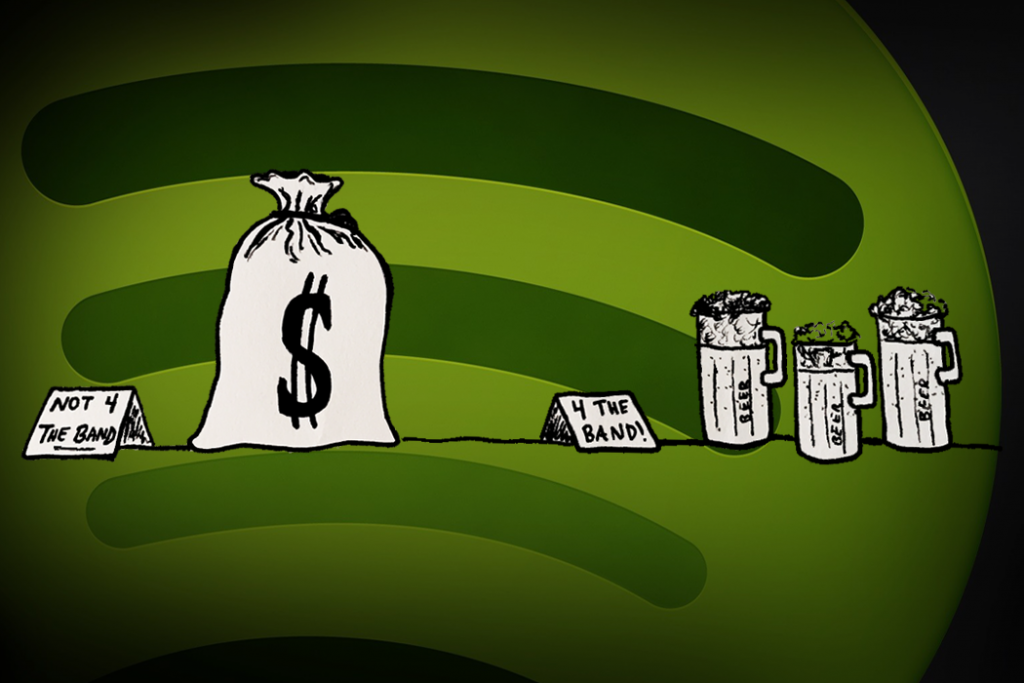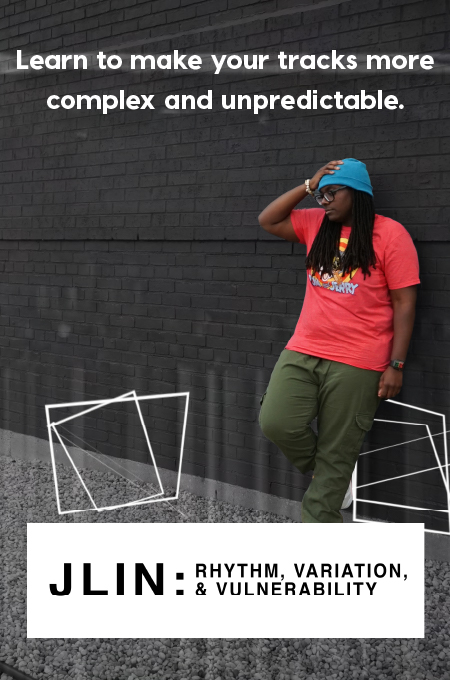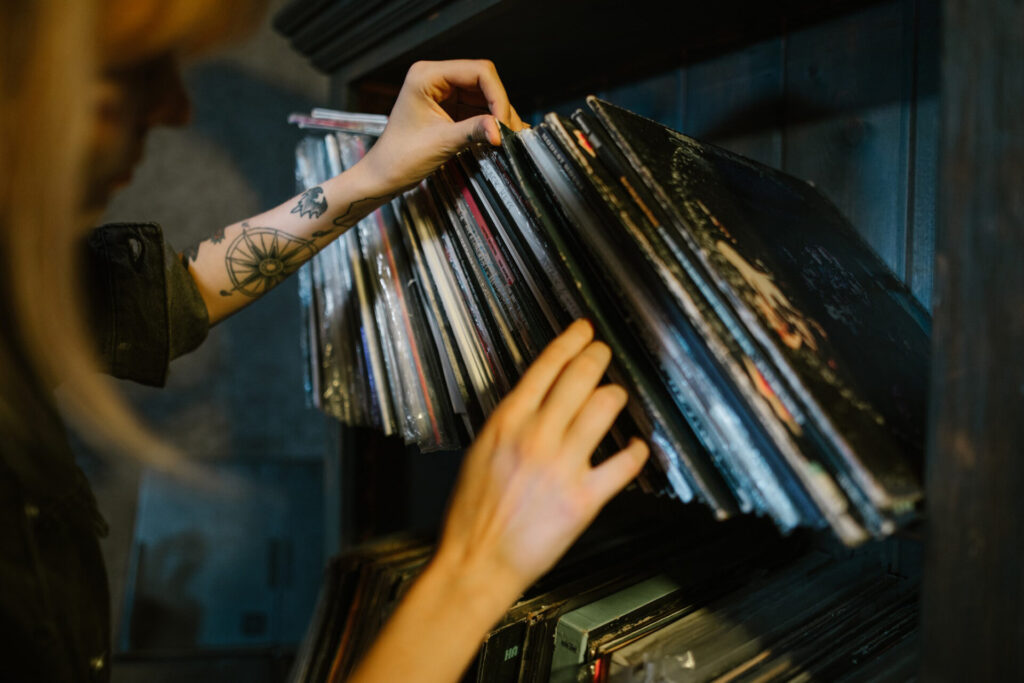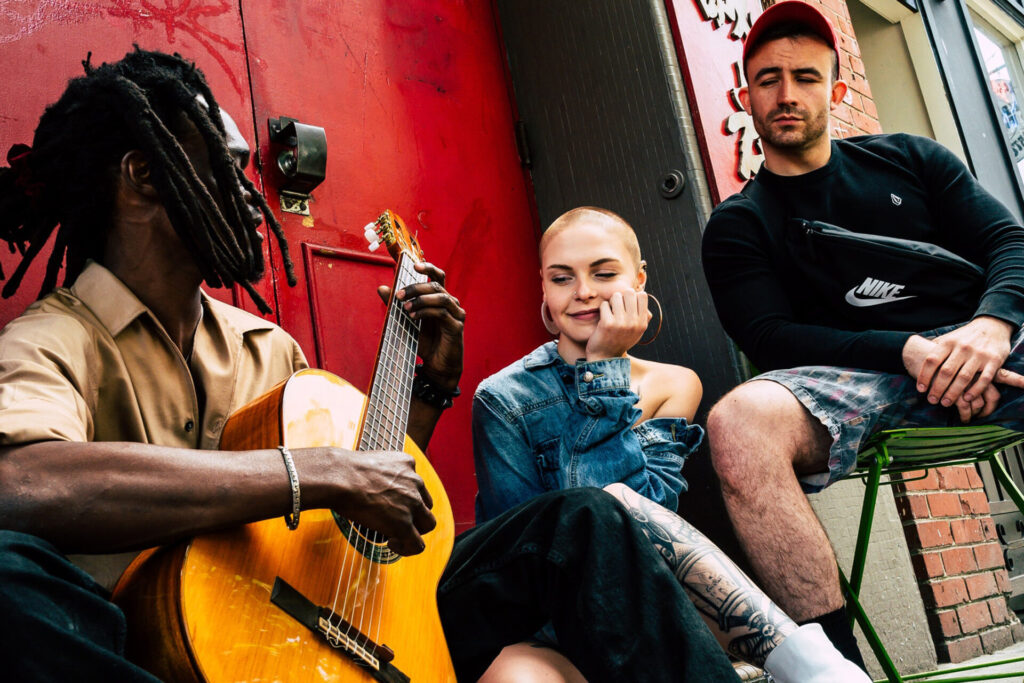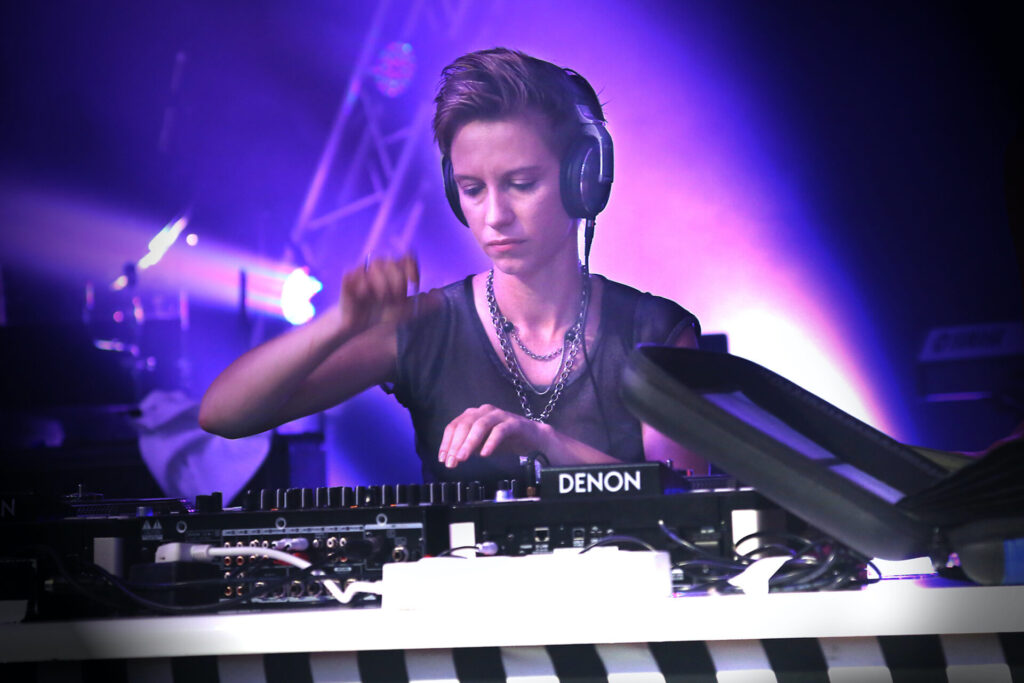By Songtrust
Every month, our friends at Songtrust compile a round-up of the most noteworthy developments in music publishing. Catch up on all the industry news in our Music Publishing News archive!
Nielsen purchases Gracenote for $560 million (in cash).
Nielsen Co. has purchased Tribune Media Co.’s Gracenote video, music, and sports for $560 million. Metadata giant Gracenote, acquired by Tribune Media in 2014, provides reference information for more than 200 million music tracks.
John Batter, Gracenote’s CEO, said, “Nielsen is a natural home for Gracenote. Both companies have entertainment data at their core and have spent years delivering services to the world’s top media brands. Bringing together our data for driving discovery and tune-in with Nielsen’s deep insights about what people are watching, listening to, and buying makes a formidable combination.”
What does this mean for musicians? DATA. Use it to know where your music is being played, when it’s being played, who is playing it, and more. This can help you better plan your strategy for touring, marketing, and promoting future releases, and of course, make sure you’re getting paid properly.
SACEM recruits IBM to help build online royalty platform.
French rights management organization SACEM has pledged to build an online platform that aims to better track online music usage and return more revenue to rights owners.
The platform, named URights, is being built via a 10-year partnership with global tech firm IBM and will be available for use to other performance rights organizations (PROs) and partners worldwide. SACEM wants to better track the use of audiovisual content hosted on services like YouTube, in particular.
What does this mean for musicians? SACEM and IBM want to better track uses of music on services like YouTube to make sure rightsholders are getting paid for every use of their content. Once again, data is the key to getting music creators paid.
Songtrust has partnered with Dotblockchain Music.
Songtrust has partnered with DotBlockchain Music for the second phase of its creation of a “decentralized global database of music rights, combining the publishing and the performance information into a unit of music that the industry can use.”
The problem that Dotblockchain aims to solve involves the separation of copyrighted creative material from the creators and owners themselves, which results in those owners not getting paid for the use of their work. Because rights are often held across different companies and organizations that don’t often communicate with each other, the solution is a central location where a publisher, record label, songwriter, and a performer are all clearly identified.
What does this mean for musicians? A central location accessible by music users with complete ownership metadata is critical. For example, when digital service providers (like Spotify or Apple Music) don’t know you wrote a song, or where to find out that you wrote it, they can’t pay you (or any songwriter) for streams of your song!
The pressure is mounting for Facebook to sign a deal with music publishers, and unsigned artists are bearing the brunt.
Unsigned artists are begging Facebook to reach an agreement with music publishers on the use of copyrighted content on the social media platform.
In October, covers of popular songs started to get pulled down from Facebook following a spate of copyright infringement notifications from music rightsholders. The takedowns have only gotten more vigorous since then.
In the meantime, artists who have had great success posting covers on Facebook — like UK-based, unsigned artist Samantha Harvey, who has 1.97 million “likes” on her official Facebook page — have been encouraging their fans to migrate to YouTube.
What does this mean for musicians? As Facebook continues to become a hub for video content and music discovery, artists and songwriters want to be able to share their videos on the platform. Until the social network and music publishers reach an agreement on how to compensate rightsholders for the use of their content on Facebook, sharing videos on Facebook will likely result in a takedown.
In recent years, Loudr has distributed over $1 million in royalties to songwriters and publishers.
Mechanical licensing and administration service Loudr has distributed over $1 million in royalties to music publishers worldwide over the last few years.
Since the sale of its digital distribution business earlier this year, Loudr has focused on solving the problem of how to identify music publishers, songwriters, and other rightsholders and issue royalty payments and statements for the use of their compositions.
Loudr CEO, Chris Crawford, said, “Loudr’s goal is to provide infrastructure to address rights and royalties in the real world. Since we’re well past the brick-and-mortar era of music distribution, it’s important to make sure that the systems for paying creators and rightsholders keep up with the pace of digital music.”
What does this mean for musicians? Loudr’s infrastructure to identify rightsholders properly has allowed them to distribute over $1 million in royalties to music publishers and songwriters. Are you convinced of the importance of a central database for ownership metadata yet?
Global music copyright revenue in 2015 grew by nearly a billion dollars from the year before.
The global music copyright business was worth $24.37 billion in 2015, growing by approximately $941 million (or 4% overall) from the year before, according to a report put together by Spotify Director of Economics, Will Page, and Music Business Worldwide.
The biggest contributors to 2015’s overall music copyright figure were CISAC’s performing rights collections, claiming 28% of the total. Publishing accounted for just over half of the global value of music copyright at 57.3%, while labels accounted for the remaining 43.7%.
What does this mean for musicians? Great news for the music industry, and even better news for songwriters! Contrary to popular belief, revenue is growing, and there is money in songwriting — more than half of $24.37 billion was earned by songwriters and music publishers last year.
For more news on music publishing, check out our collection of music publishing articles on Flypaper!
—
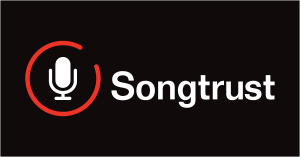
Songtrust provides a technology platform that enables independent songwriters, artists, publishers, distributors, managers, and other music industry professionals to collect their publishing royalties worldwide. Our industry-leading online solutions simplify music rights management, including the administration of music publishing assets, performing rights, and digital licensing. Songtrust helps collect the royalties you’ve earned from airplay, streams, and live performances around the world with simple one-stop registration, no legal headaches, and all while maintaining 100% ownership of your copyrights.
Use Code SOUNDFLY10 to get 10% off your registration fee when you sign up for Songtrust, and begin collecting royalties on your tracks today!
